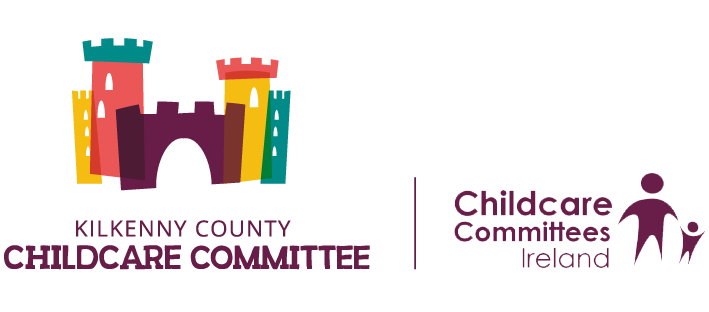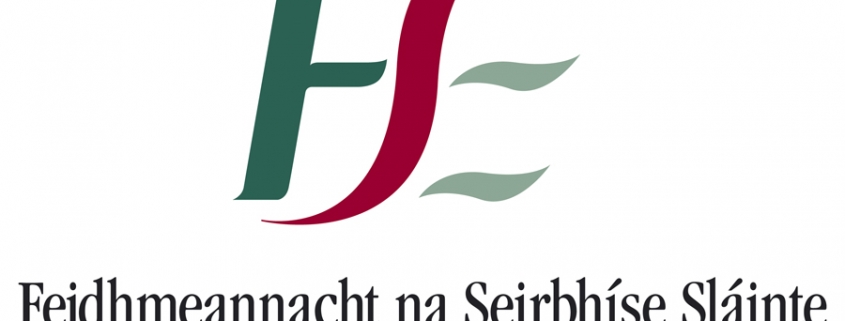Protect your family from respiratory syncytial virus (RSV), flu and winter viruses
Below is shortened version, for full memo click here
HSE Press Release
Tuesday, 14 November 2023
The HSE is urging parents to be vigilant of their children’s symptoms as GPs and hospitals report a rise in the numbers of young children affected by respiratory symptoms and viruses, including RSV. A rise in RSV is to be expected during the winter period.
RSV (respiratory syncytial virus) is a highly contagious respiratory disease, which generally occurs between October and April, with cases peaking in December. It is the main cause of bronchiolitis and pneumonia in very young children. Bronchiolitis may lead to breathing and feeding difficulties and can result in hospitalisation.
Advice regarding crèches and childcare services
At this time of year, children may have a runny nose or slight cough, and they should not be prevented from attending if they are feeling well with one mild symptom. However, if a child is feeling unwell with more significant symptoms, or combination of symptoms (cough, runny nose and mild fever) then they should be at home until the fever and their symptoms have gone.
Children may have a persistent cough after infection for a few weeks so once the fever and other symptoms have gone, they should not be excluded for the cough alone.
Good ventilation of shared spaces, good cough etiquette (coughing into tissue or elbow rather than on hands) and good hand hygiene / cleaning of surfaces, all really help in preventing spread.
Initial symptoms can include:
runny nose
blocked nose
mild fever (temperature of 38 degrees Celsius)
slight cough.
Further symptoms usually develop over the next few days, including:
mild fever (temperature of 38 degrees Celsius)
a dry and persistent cough
rapid or noisy breathing (wheezing)
feeding less
fewer wet nappies
vomiting after feeding
being irritable.
Find out what parents need to know about RSV by watching this video from Dr Ciara Martin, HSE Clinical Lead for Children and Young People.
For full memo click here




